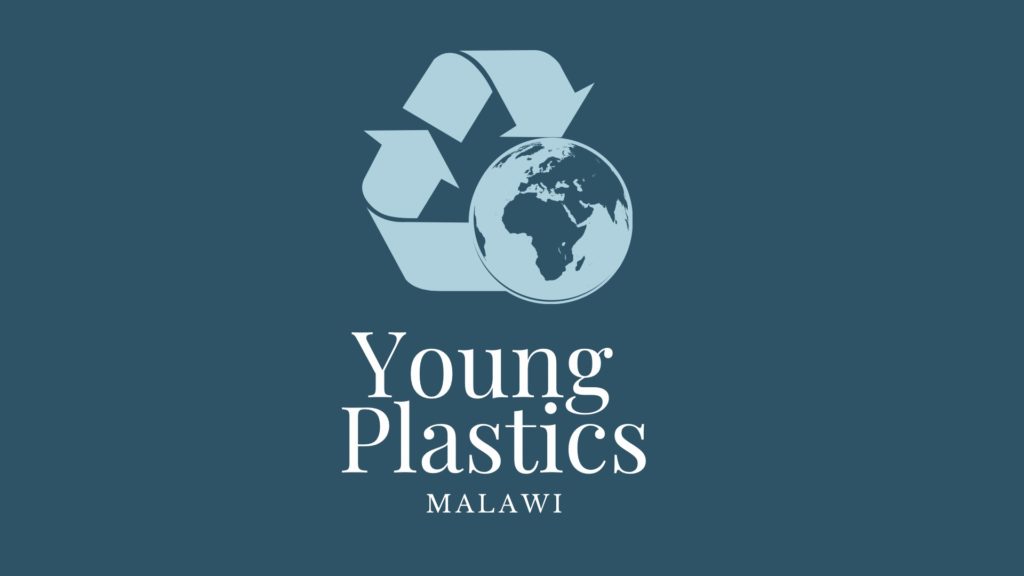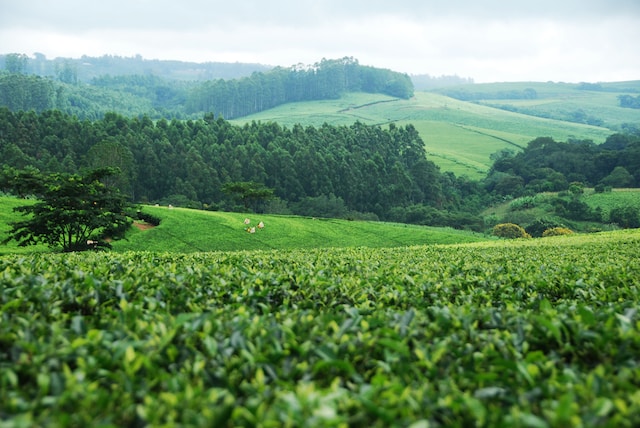Everybody breathes. At this moment, everybody is surrounded by their habitat. Indeed, our life depends on the environment. This fact not only results in the high importance of Environmental Law but also the urgent need to address environmental challenges which’s consequences lead to over 2 million deaths and losses of over US$ 3.64 trillion during the past 50 years. The environment affects everybody.
The africanlegalstudies.blog aims to direct attention to Environmental Law – but what is Environmental Law?
“Environmental law comprises all norms designed to protect the environment.”
https://www.umweltbundesamt.de/en/topics/sustainability-strategies-international/environmental-law
It encompasses a wide range of legal principles, statutes and regulations at the regional, national and international levels.
Regarding supranational regulations, the UN are the main power endeavouring to establish a legal framework regarding Environmental Law. Therefore historically, the 1972 United Nations Conference on the Environment in Stockholm addressed environmental issues for the first time followed by the 1992 United Nations Conference on the Environment and Development (UNCED) in Rio de Janeiro which established Agenda 21.
In 2015, the UN established the 2030 Agenda for Sustainable Development which announced 17 Sustainable Development Goals (SDGs) with 169 targets. Sustainable Development Goal 13 is “Climate action” aiming to “take urgent action to combat climate change and its impact”.
Furthermore, the Paris Agreement from 12 December 2015 sets long-term goals for the reduction of global temperature. The objective is the reduction of the emissions of each country and to limit the increasing temperature to 2 degrees Celsius or even better to reduce it to 1.5 degrees Celsius.
Besides, in 2019 the UNEP developed the Environmental Rule of Law, a report focusing on the implementation gap between the many environmental goals, laws, regulations and policies adopted and the on-the-ground reality of environmental conditions, compliance with environmental law, and community engagement in environmental decision making.
As the right to a sustainable environment was for decades solely in some states integrated as a national constitutional right, only the adoption of a milestone resolution, the resolution of the UN General Assembly on 28 July 2022, enshrined access to a clean, healthy and sustainable environment as a universal human right. Therefore nowadays, every citizen of a UN member state can claim the fulfilment and the protection of the right to access to a clean, healthy and sustainable environment.
To translate these rights into practice, Environmental Law addresses environmental rights and a range of issues such as plastic pollution, energy access or global warming.
The Chair of African Legal Studies actively furthers the discussions and research concerning Environmental Law in several projects.

Inter alia, the Chair of African Legal Studies was participating in the project Young Plastics “Building collective ownership of single-use plastics waste in youth communities: case studies from Kenya, Jamaica and Malawi” in cooperation with Surrey University in England in 2021 and 2022. This project addressed the impact of pollution by single-use plastics waste and pursues to build collective awareness and motivate to minimize single-use plastics. The main outcome was the discovery of a discrepancy between awareness of the consequences of high plastic consumption and the effective reduction of single-use plastic. Further information can also be found here.
Within the Chair’s focus on the study of African legal systems the Chair hosted in total six lectures with different experts about “Climate Justice in the Global South”. For instance, one lecture was about “Tackling Climate Change through International Law – Advocacy Litigation” by Prof. Patricia Kameri-Mbote.


Furthermore, the Chair is co-managing the LEAD Journal (Law, Environment and Development Journal) which is a peer-reviewed journal that focuses on international and environmental law and domestic environmental laws of developing countries. The LEAD Journal features articles, case notes and documents of interest with a range of topics based on the principle of “sustainable development”. Moreover, the LEAD Journal has its special position for being the only journal in this field carrying a North-South focus.
In addition to the publications of articles on the blog, the Chairholder Prof. Dr Thoko Kaime continuously publishes regarding Environmental Law. Earlier contributions include papers such as “International energy policy for development: human rights and sustainable development law imperatives.” in 2019 or ”An Energy Justice Approach to resolving the conflict between the development of energy access projects and human rights risks and violations in Africa: Can a balance be struck?” in 2023.

Enjoy reading articles of the Blog African Legal Studies from our list of contributions concering Environmental Law here:
Environmental Impact Assessment in Rwanda: Legal Framework and Challenges
Introduction Environmental impact assessments are essential processes used to evaluate…
International law instruments for greenhouse gas mitigation and sustainable development in Nigeria
Introduction Climate change in Nigeria could, for example, be attributed…
COP29: A Pivotal Moment for Africa or Business as Usual?
Introduction From November 11 to 22, 2024, the world’s eyes…
Justice in the “critical minerals value chain” – moving in tandem for a just transition
Introduction Humanity is at a crossroads, confronted with the effects…
From Dubai to Baku: Energy Justice at the COPs and the Question of Fossil Fuel Abandonment
The twenty-eighth Conference of the Parties (COP28), which took place…





